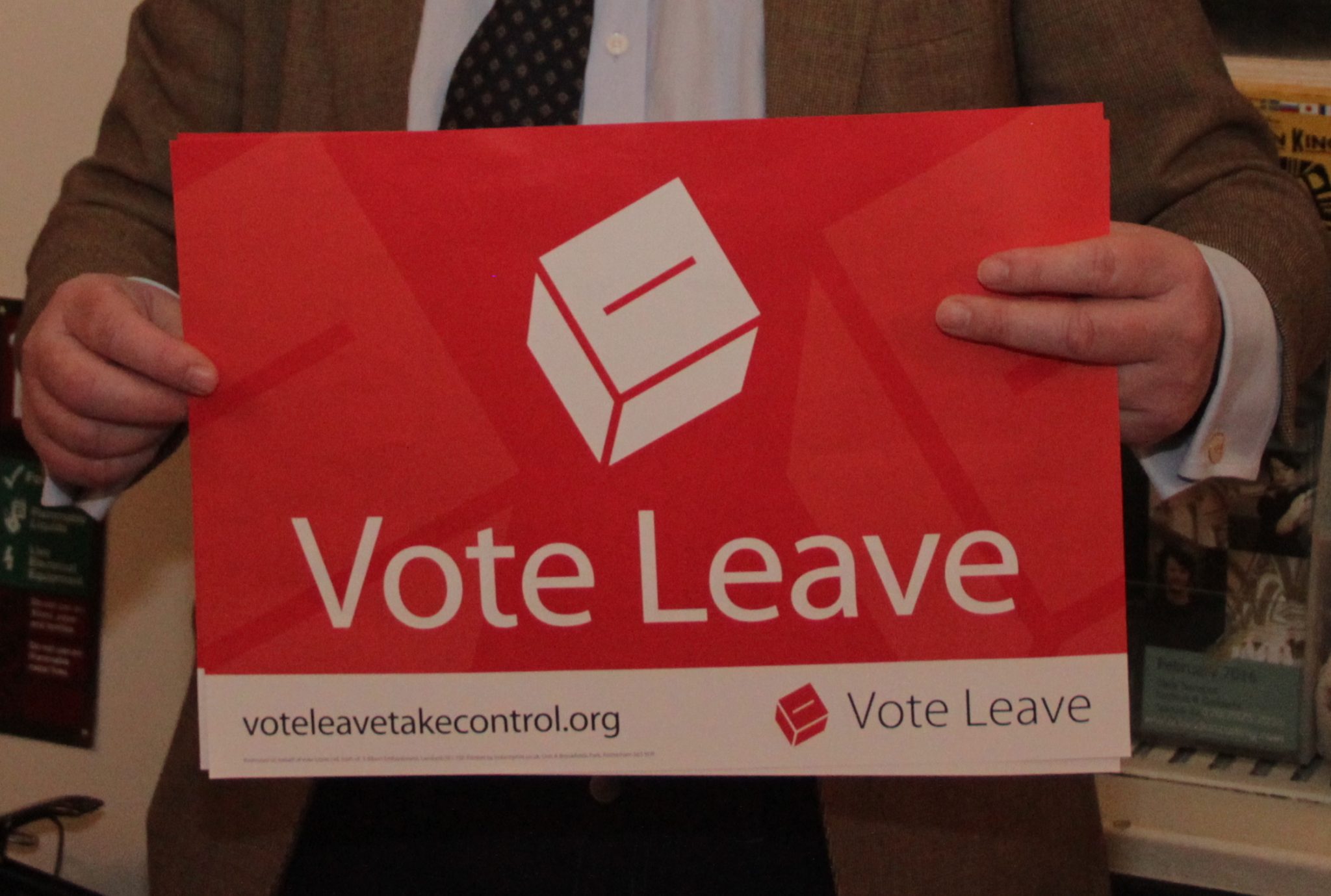Why Brexit is going wrong and how it could be fixed (part 2)
This is the second of two posts here looking at Brexit through a democratic, rather than a political lens. In the previous post, I argued that the ‘cliff edge’ exit that is inevitable when leaving the EU is not sustainable for the EU, and that the UK would be doing everyone a favour by challenging it. The word “crisis” is over-used in British politics, but we are undoubtedly in one now. We have a Prime Minister who is trying to …





